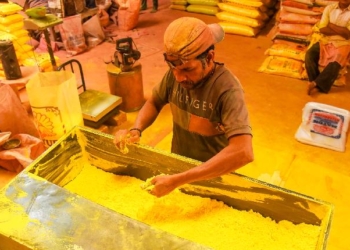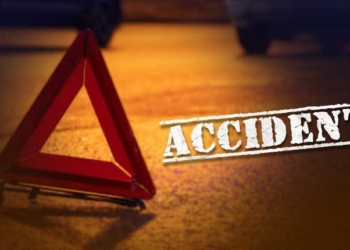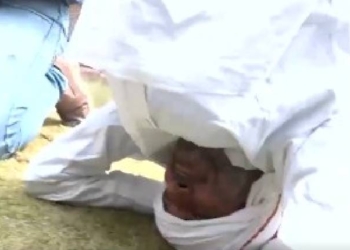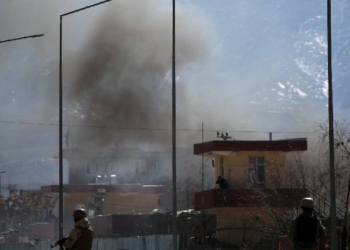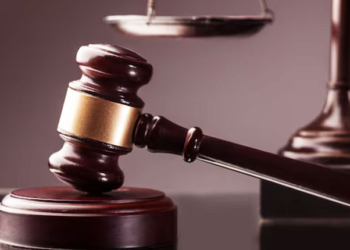New Delhi: The Delhi High Court has observed that the Civil Aviation Requirements (CAR) contain adequate precautionary measures to protect aircraft crew members from erroneous breathalyzer test results.
Justice Gaurang Kanth said that the CAR only requires airlines to perform pre-flight breathalyzer tests and does not impose any obligation on them to conduct blood and urine tests in cases of positive results.
These observations were made in response to a plea filed by a pilot from Vistara airlines challenging the suspension of his license for three months by the aviation regulator Director General of Civil Aviation and Joint Director.
The pilot had tested positive in a pre-flight breathalyzer test, which showed a reading of 0.004 per cent alcohol in his blood.
The court noted that conducting blood and urine tests before every flight at airports would be impractical and unfeasible.
“The airlines will have to create infrastructure at every airport from wherever they operate for conducting blood and urine tests of crew members. This will add additional cost on the operations of airlines which will further burden them unnecessarily. Thus, in view of this court, considering the infeasibility and impracticality of conducting blood and urine tests at airport by operators, CAR does not anywhere put an obligation upon operator to conduct blood and urine test and that is why it only talks about BA tests.
“In fact, in the incidents of accidents also, the duty is not of the operator to conduct blood and urine tests, but the duty is imposed upon the officer-in-charge of airport to conduct these tests. With regard to the aspect of false positive, CAR already has laid down procedure so as to eliminate the possibility of false positives,” the court further said.
The petitoner argued that this result was a false positive caused by equipment error and that blood and urine tests conducted in accredited laboratories showed no alcohol in his system.
However, the court dismissed the plea, stating that the pilot had violated CAR and Aircraft Rules by reporting for duty after consuming alcohol.
The court said that it is the responsibility of pilots in ensuring the safety of passengers and crew members and stated that CAR specifies a “zero” blood alcohol content threshold.
It also underlined the CAR’s procedure to rule out false positives through subsequent tests.
Additionally, the court noted that the pilot’s case had been pending for almost five years without any incidents of false positives occurring.
Therefore, it deemed the likelihood of such incidents happening in the future to be minimal.
(IANS)





